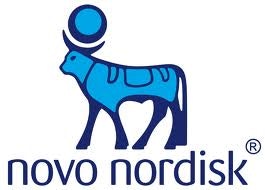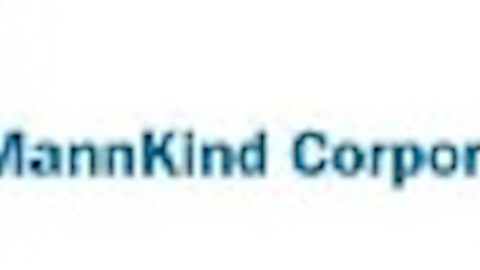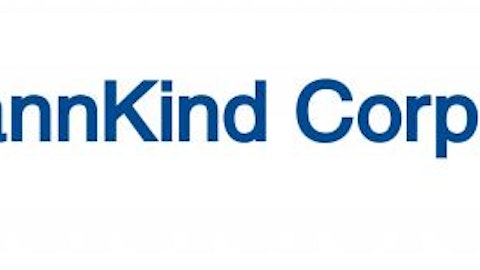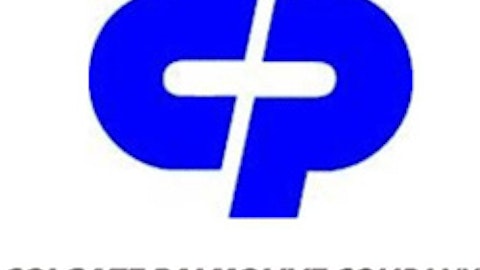
The FDA has already turned down quite a few drugs this year. Here are three of the biggest rejections — I mean, complete response letters — for 2013 so far.
1. Trouble for Tresiba
Novo Nordisk A/S (ADR) (NYSE:NVO) reigns as one of the top dogs in the insulin market. The Denmark-based drugmaker entered 2013 hoping to bolster that position with approval for its long-acting basal insulin product Tresiba.
Most observers expected an easy path to approval. Tresiba and related drug Ryzodeg received the OK from European regulatory authorities early this year. An FDA advisory committee had already given a thumbs-up to Tresiba in late 2012. Novo Nordisk A/S (ADR) (NYSE:NVO) anticipated that the agency would rubber-stamp that recommendation.
It didn’t happen. In February, the FDA told a stunned Novo Nordisk A/S (ADR) (NYSE:NVO) that additional tests would be needed to address concerns about possible cardiovascular risks with Tresiba. Shares opened 13% lower on the next trading day, with analysts speculating that the rejection would result in at least a two-year delay for Tresiba for its U.S. launch.
2. Helpless Heplisav
Things were going so well for Dynavax Technologies Corporation (NASDAQ:DVAX) in 2012 that CNBC’s Jim Cramer thought the stock could potentially double within a few months. Clinical studies showed that the company’s hepatitis B vaccine Heplisav provided longer-lasting protection than the leading vaccine, GlaxoSmithKline’s Engerix-B.
Dynavax Technologies Corporation (NASDAQ:DVAX) planned on submitting a Biologics License Application, or BLA, for healthy adults aged 40 and over. The FDA, though, told the company that it could submit the BLA for a wider age range of 18 to 70. Just days before the recommendation from an advisory panel, an FDA staff report highlighted how Heplisav worked as effectively as Engerix-B with fewer doses and a comparable safety profile.
Most signs pointed to a positive recommendation from the advisory panel and ultimate approval by the FDA. These signs were wrong. The advisory panel voted 8-5 last November against recommending Heplisav because of safety concerns. In February, the FDA followed that recommendation and refused to approve the hep B vaccine.
Dynavax Technologies Corporation (NASDAQ:DVAX) shares now trade around 75% lower than their highs from last October. The company continues to work with the FDA to collect additional patient data to address the safety concerns.
3. Setback for suvorexant
Merck & Co., Inc. (NYSE:MRK) didn’t experience a huge stock decline with its big FDA rejection this year, mainly because, well, it’s Merck & Co., Inc. (NYSE:MRK). One bit of bad news on the regulatory front isn’t enough to throw shares of the big drugmaker into a free fall. However, a setback is still a setback.





